Submit an Abstract if You’re Working in Critical Raw Materials: From Industry to Start-ups, Research, and Beyond
Six different scientific sessions focusing on topics ranging from risk awareness and forecasting to environmental management, recycling, demand reduction and economic regulations will be held at IRTC25. Selected abstracts will be featured as oral presentations, part of a special “Talent Meets Industry” session focusing on industrial applications, or as posters with the chance to pitch during our poster speed presentation. Submit an abstract that fits the description of one of the sessions below before October 13:
Scientific Sessions



Session 1
Risk Awareness: Monitoring and Forecasting
📅 11:15, February 20
Chaired by Braeton Smith (Argonne NL, USA), Robert Pell (Minviro, UK), Yanan Liang (University of Leiden, Netherlands)
This session will explore methods to monitor CRM risks, with an emphasis on the critical importance of risk awareness in the management of CRMs. Topics include the determination of criticality, the presentation and evaluation of CRM assessment tools, Material Flow Analysis (MFA), and Life Cycle Assessment (LCA). We are interested in presentations that address considerations on data availability and its impacts, as well as newly developed data, available methodologies and tracking tools, their integration, insights provided, and inherent limitations. Contributions should also consider the intended users of methodologies and tools and routines for their effective application.

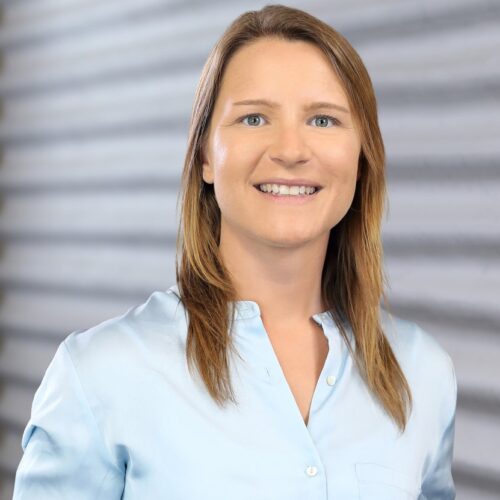

Session 2
Managing Environmental and Social Risks
📅 11:15, February 20
Chaired by Peng Wang (Chinese Academy of Sciences, China), Valeria Superti (ecoinvent Association, Switzerland), and Jessica Buendía Sanchez (Extractive Industries Transparency Initiative, Norway)
The extraction and processing of Critical Raw Materials (CRMs) are essential for transitioning to a low-carbon economy, but they also pose significant environmental and social risks. This session will concentrate on the actual measures and strategies to manage and mitigate these risks effectively. We encourage participants to submit actionable insights and practical examples on, amongst others:
- Effective utilization of environmental data for risk management
- Actions and implementation strategies for social data
- Stakeholder engagement techniques
- Adoption and adaptation of industry best practices, guidelines, and standards
We are particularly interested in contributions that highlight real-world applications of tools and strategies for due diligence, regulatory compliance, and initiatives aimed at reducing environmental and social impacts. Submissions should demonstrate how these actions lead to effective mitigation of risks in both planning and operational phases.



Session 3
Risk Mitigation through Mining and Recycling
📅 16:45, February 20
Chaired by Karen Hanghøj (BGS, UK), David Bengio (Carester, France), and Tabatha Chavez Mathus (ICMM)
This session invites research on the multifaceted aspects of CRM extraction and recycling and strategies on how primary and secondary sourcing can effectively mitigate supply risks. We welcome studies on exploration, mining practices, community benefits, responsible sourcing, and the technical, financial, and policy challenges inherent in these processes. The session also welcomes work on the utilization of the urban mine. Moreover, contributions discussing advancements in recycling technologies, waste utilization, and the logistics of recycling chains will be highly valued.
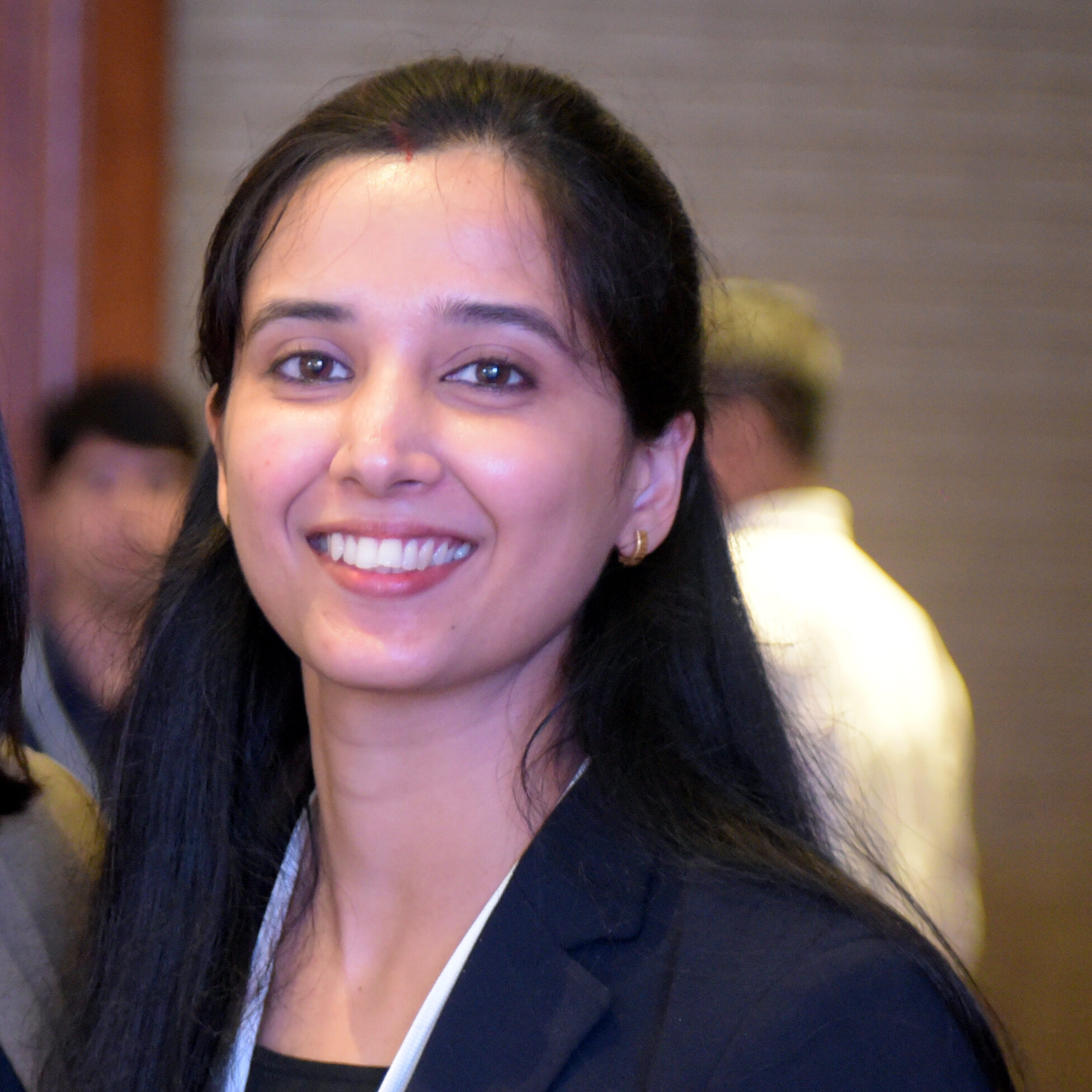
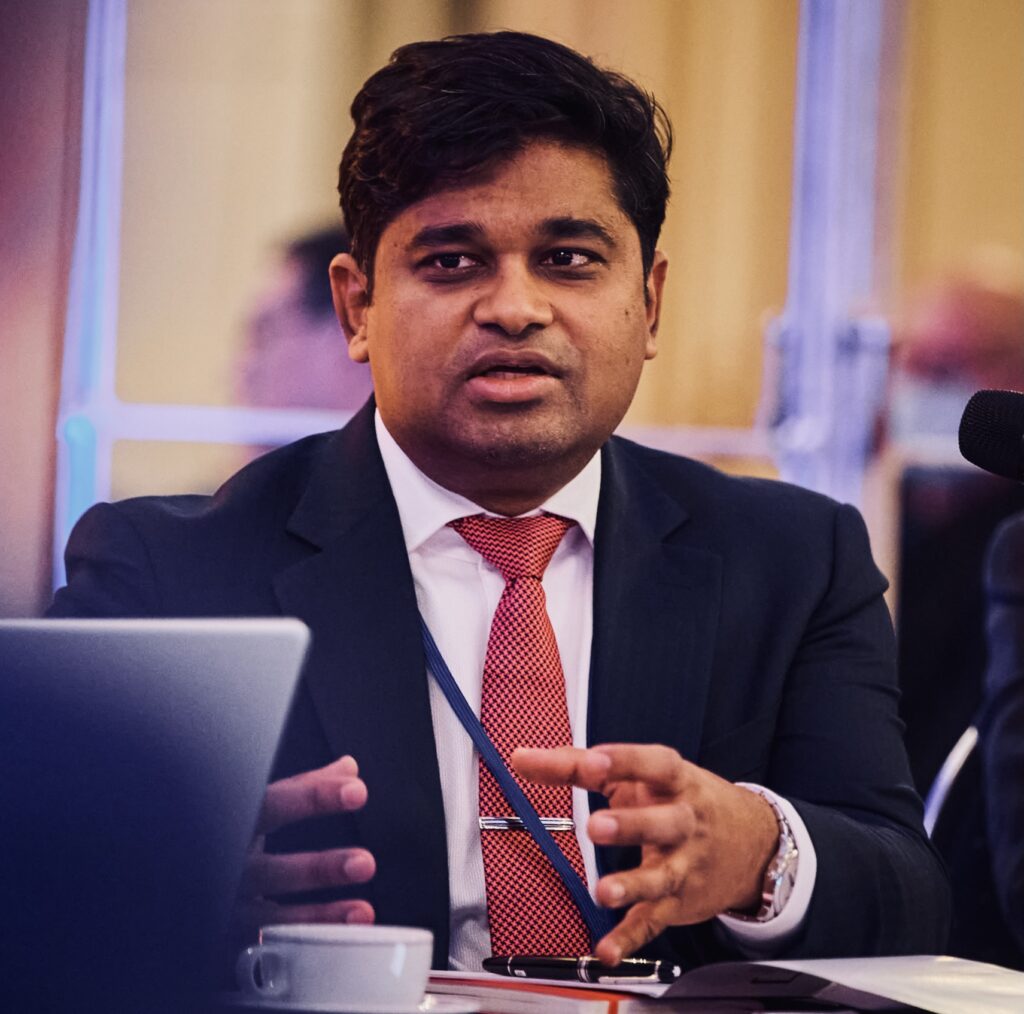
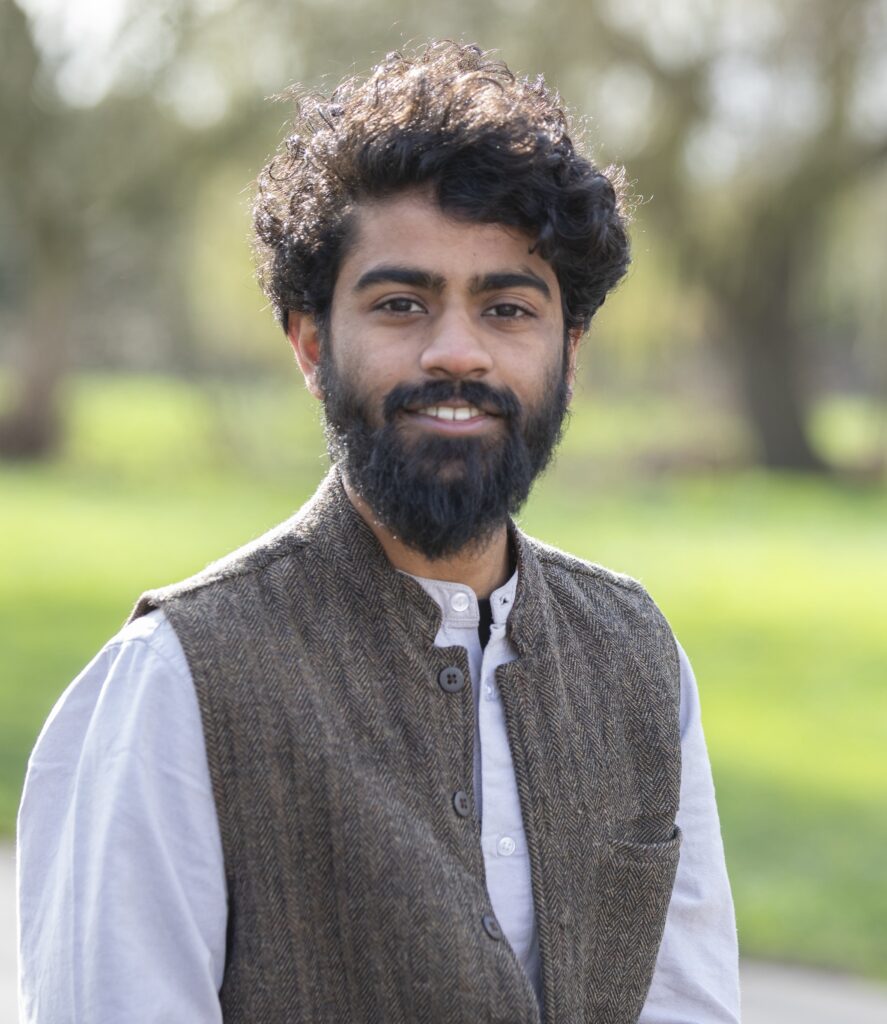
Session 4
Shifting Perspectives: Tackling the Demand Side of CRMs
📅 16:45, February 20
Chaired by Akanksha Tyagi (CEEW India), Rajarshi Sahai (Mobility Fund, Netherlands), and Saurav Roy (University of Cambridge, UK).
Considerations on CRM risk mitigation usually focus on strategies for increasing supply. This session delves into the demand side, seeking contributions on approaches for effective reduction of CRM consumption and creating more certainty of demand through transparency and policy/fiscal measures that can transform the reliance on critical raw materials and the underlying market forces. Topics of interest include circular strategies on all levels, sufficiency approach to consumption i.e. optimum use and right-sizing of solutions based on needs rather than wants of conspicuous consumption, efficiency improvements, demand forecasting & nudging, technological innovations, policy & fiscal measures, market-making innovations, supply chain management, material and technological substitution, and sustainable design. We also encourage submissions on innovative business models promoting B2B relations, leasing, sharing, and other strategies aiming at CRM demand assessment, projection and reduction.



Session 5
The Economic Landscape: Regulation, Trade, and Finance in the CRM Sector
📅 11:00, February 21
Chaired by Roderick Eggert (Colorado School of Mines, USA), Kotaro Shimizu (Mitsubishi UFJ Financial Group, Japan), and Lucas Miailhes (Institut Catholique de Lille, France)
This session will delve into the economic aspects of the CRM industry, covering regulatory challenges and opportunities, trade dynamics, and financial risk management. We encourage submissions that discuss CRM price developments, financial risk hedging, trade under geopolitical changes, policies addressing material dependence on a bi- or multilateral level, and the broader economic impacts of CRM regulation and trade. We also welcome submissions on investment and innovations in trade finance, as well as required data for decision-making. Contributions that explore regulatory challenges, trade agreements, and new economic models that address the financial sustainability of CRM supply chains are highly encouraged.


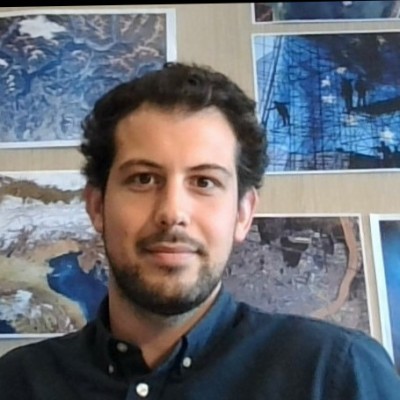
Session 6
Breaking Boundaries: Exploring Novel Frontiers in the CRM Sector and Beyond
📅 11:00, February 21
Chaired by Anthony Ku (Xiron Global, USA), Min-Ha Lee (Stanford University and KITECH, USA/Korea), and Thibaut Maury (JRC, Italy)
This forward-looking session seeks to explore groundbreaking technologies and approaches impacting the CRM sector. We invite abstracts on novel technologies that might drive future CRM demand, like quantum computing, and discussion of ideas for unconventional resource supply, such as deep sea and space mining, including broader impact and regulatory framework of these areas. We also invite contributions on new monitoring tools and other novel methodologies or areas that extend beyond traditional frameworks, such as those based on artificial intelligence. Furthermore, submissions that investigate usually less regarded materials, such as non-mineral resources, are highly encouraged.
